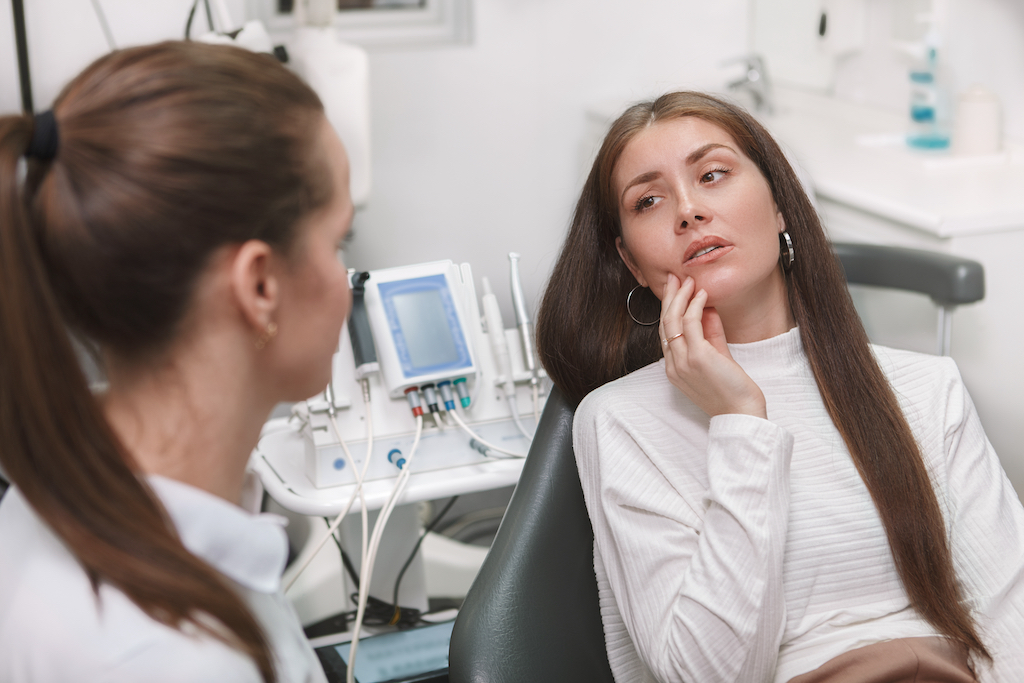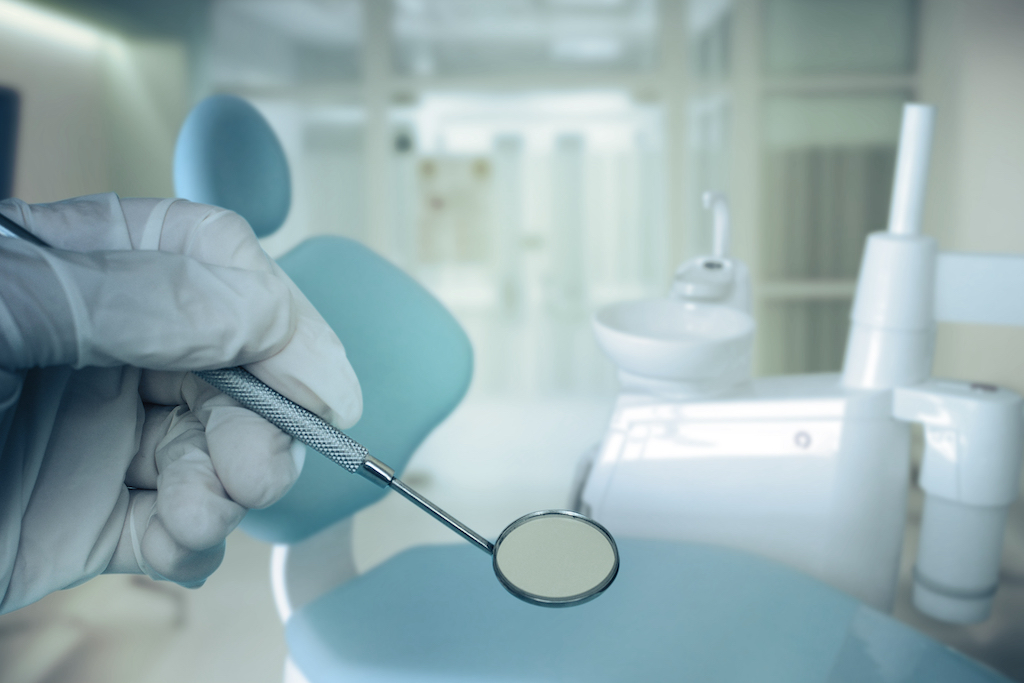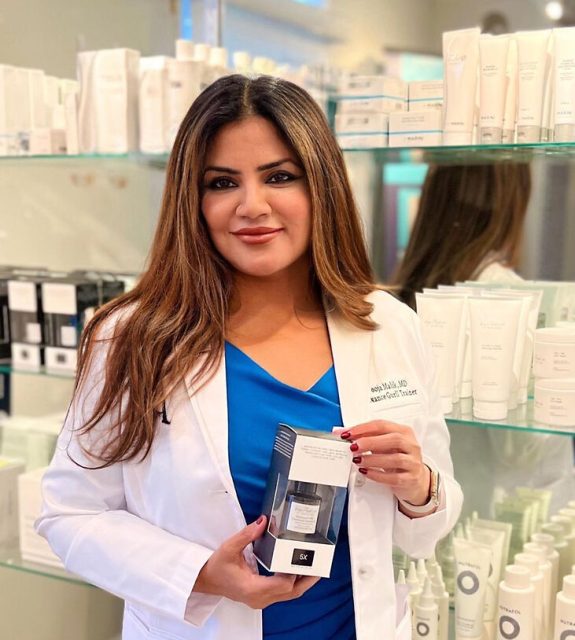 Photo Credit: Shutterstock
Photo Credit: Shutterstock
Hopefully, your teeth are the least of your worries when making travel plans. However, things don’t always go as planned. Whether it’s a weekend girls' trip or a romantic dream vacation, the tooth fairy can’t magically fix everything. Luckily, Haute Beauty expert Dr. Mimi Yeung and her team at M.Y. Dental Spa have got you covered with your go-to guide for any dental mishaps during travel.
Here are some easy fixes to common dental emergencies:
- Toothaches - Dental pain can be resolved simply by removing particles in the mouth or around the aching tooth. To do this, try rinsing out your mouth with warm water and flossing out any leftover food that may be stuck. If the pain persists, call a dentist.
- Cracked or Broken Tooth - If a tooth chips, rinse it with warm water immediately to clean the area. A cold compress can be applied to minimize any swelling but in this case, you should reach out to a dentist.
- Loose or Lost Tooth - If a tooth falls out, keep the tooth moist at all times. If possible, try putting the tooth back into the socket without touching the root. If not, the tooth can be placed between the cheek and gums or in a glass of milk to keep it hydrated.
If contacting or visiting a dentist is necessary, it’s important to know where to find one! If you are still in the United States, Find-a-Dentist is a great source that can help locate a dentist closest to you. For those traveling outside of the country, there are a few important things to consider if an emergency pops up.
 Photo Credit: Shutterstock
Photo Credit: Shutterstock
Here are a few steps to follow when visiting a new dentist abroad:
- Locating a dentist - Finding a good dentist overseas can be tricky but with the help of your hotel concierge, friends in the area, travel insurance agents, or even the local embassy or consulate can lead you in the right direction with recommendations so make sure to ask.
- Travel Insurance - Make sure to check if your insurance covers you while traveling
- Treatment Insurance - Even if you have travel insurance, you may not always be covered for dental treatment. If you are, great! They may even be able to help you find qualified local dentists
- Safety - It’s important to recognize that dental practices around the world may be different than those in the United States and it is important to consider the standards that are present in the countries you visit. The Organization for Safety and Asepsis Procedures offers a checklist for safe treatment in their “Traveler’s Guide to Safe Dental Care.”
For more information, visit Dr. Mimi Yeung's social media:
























